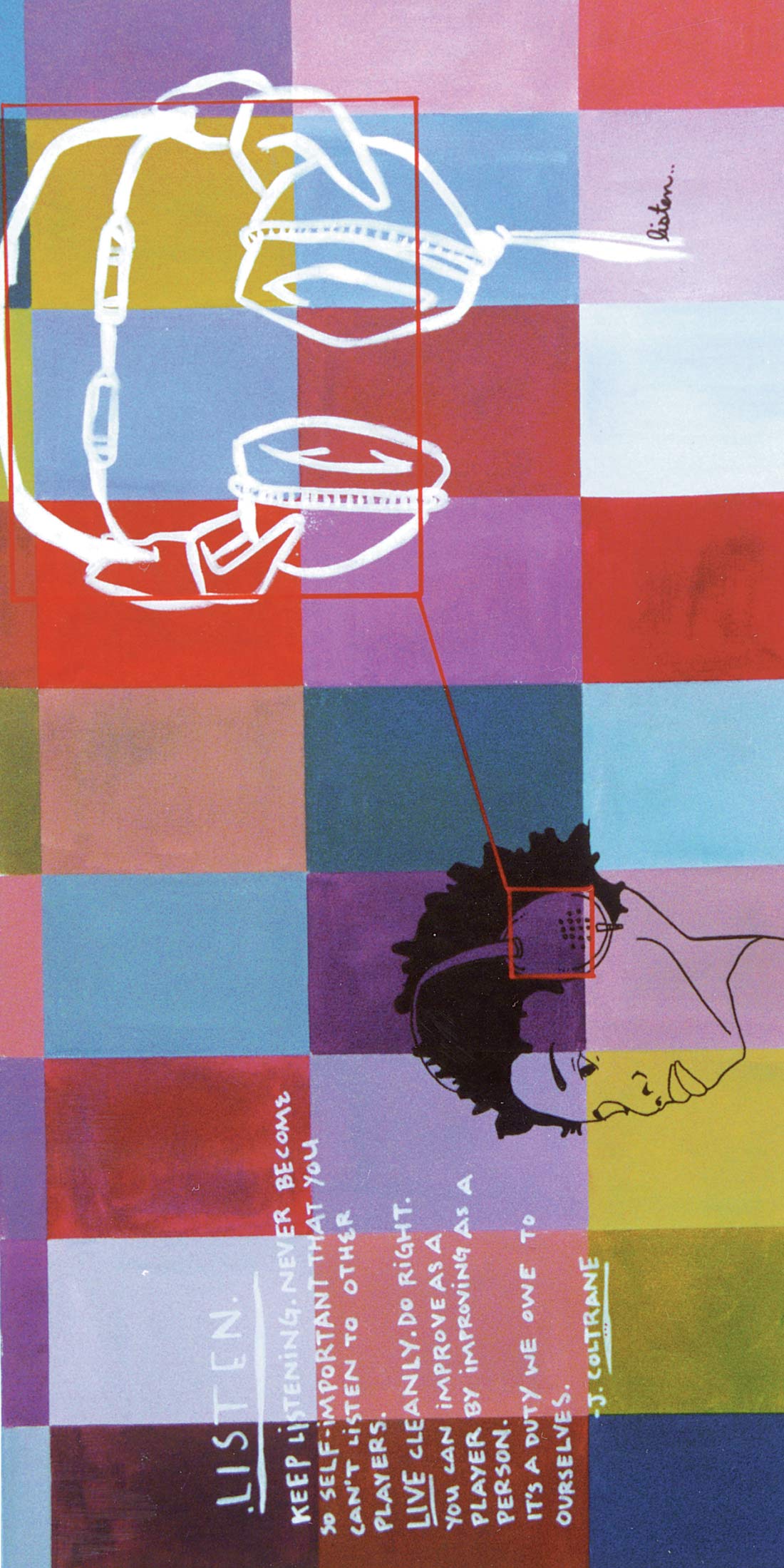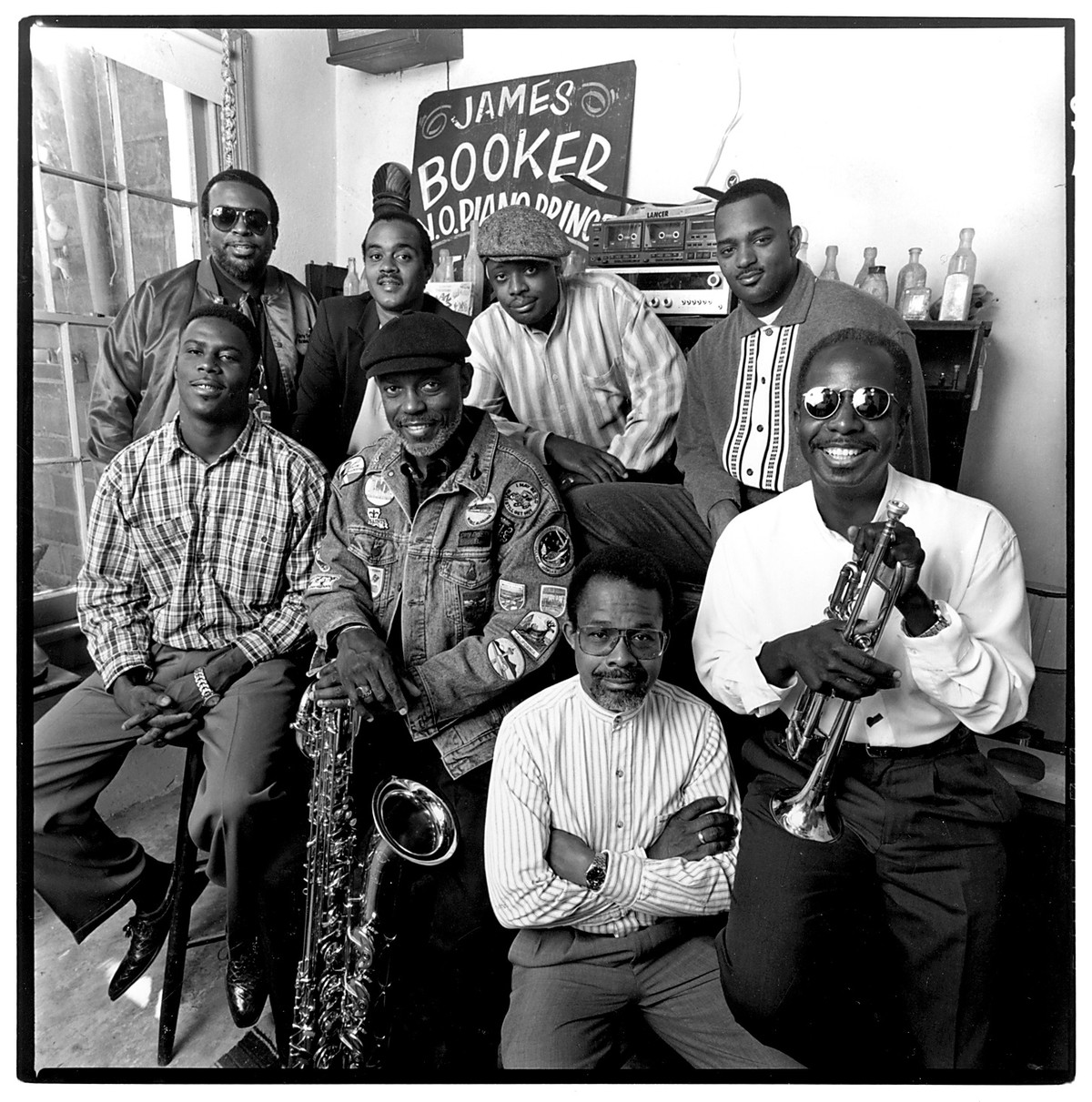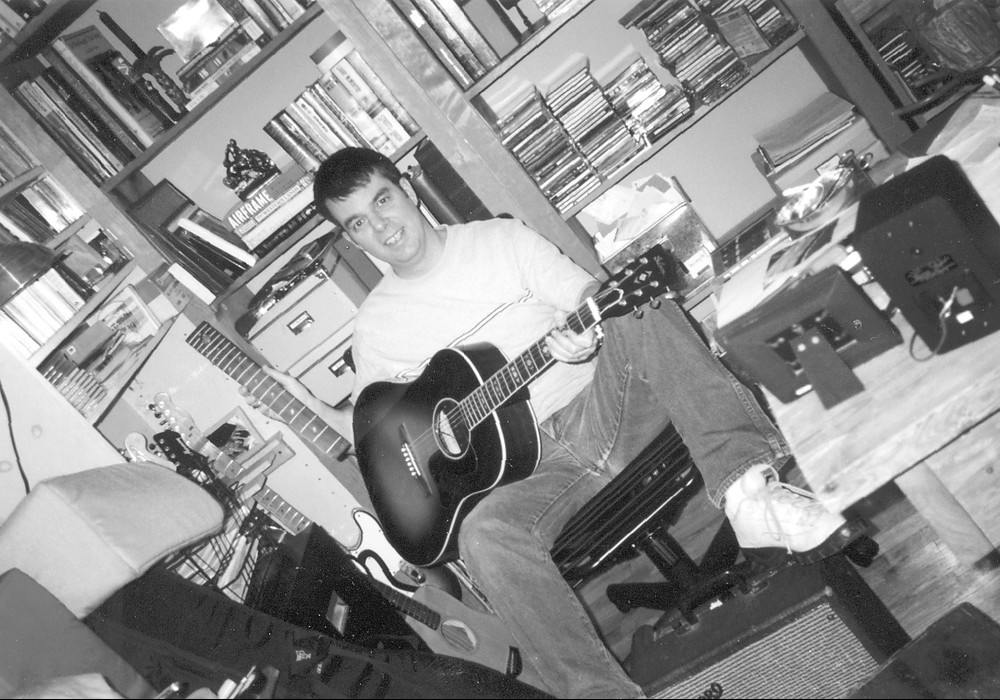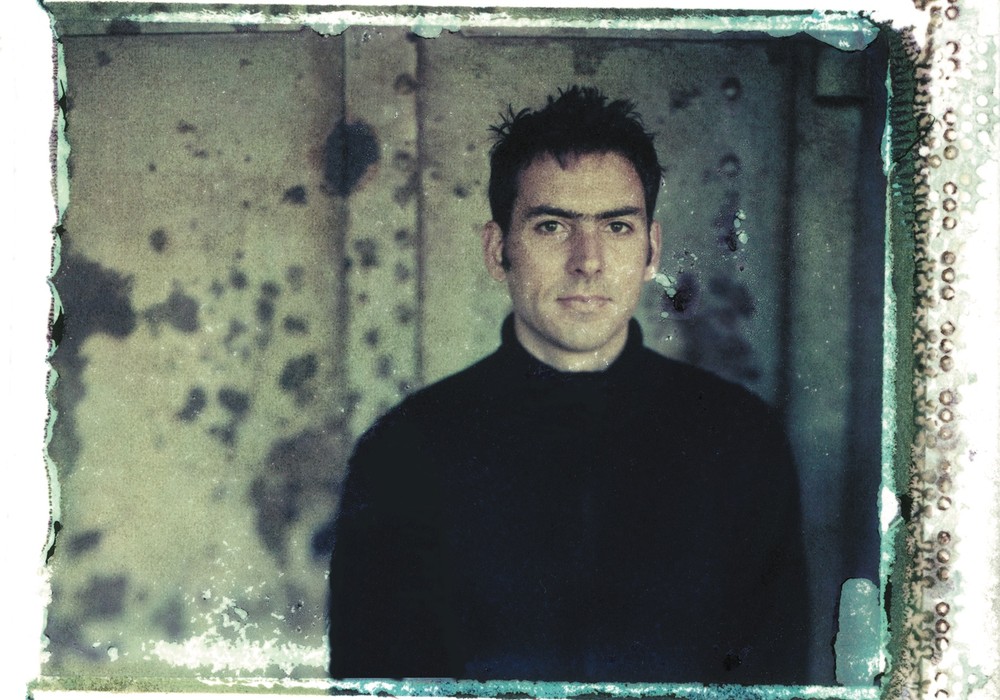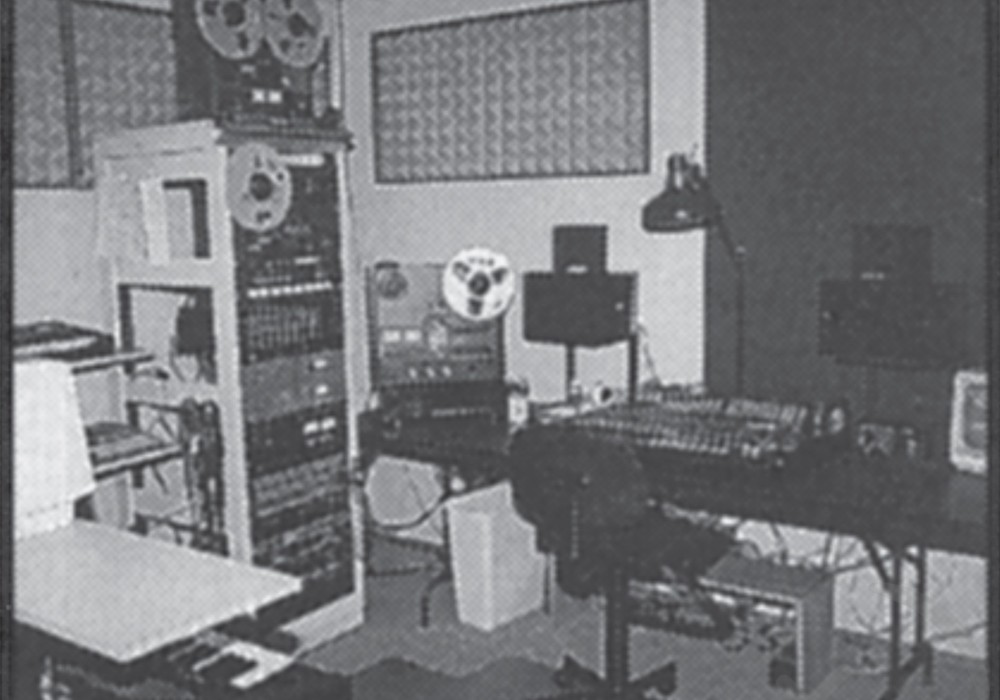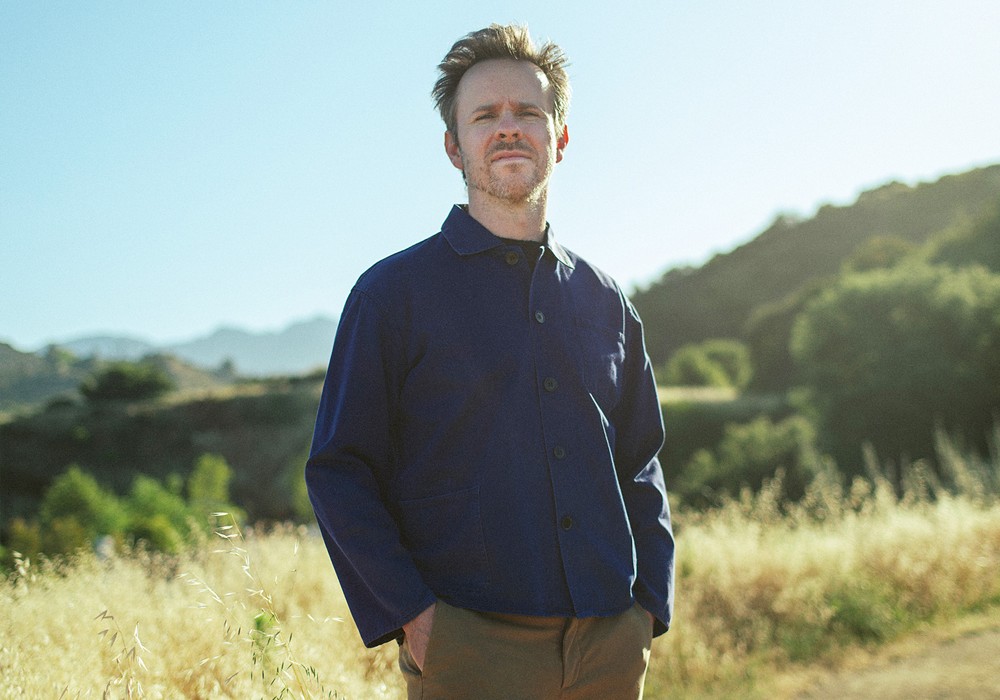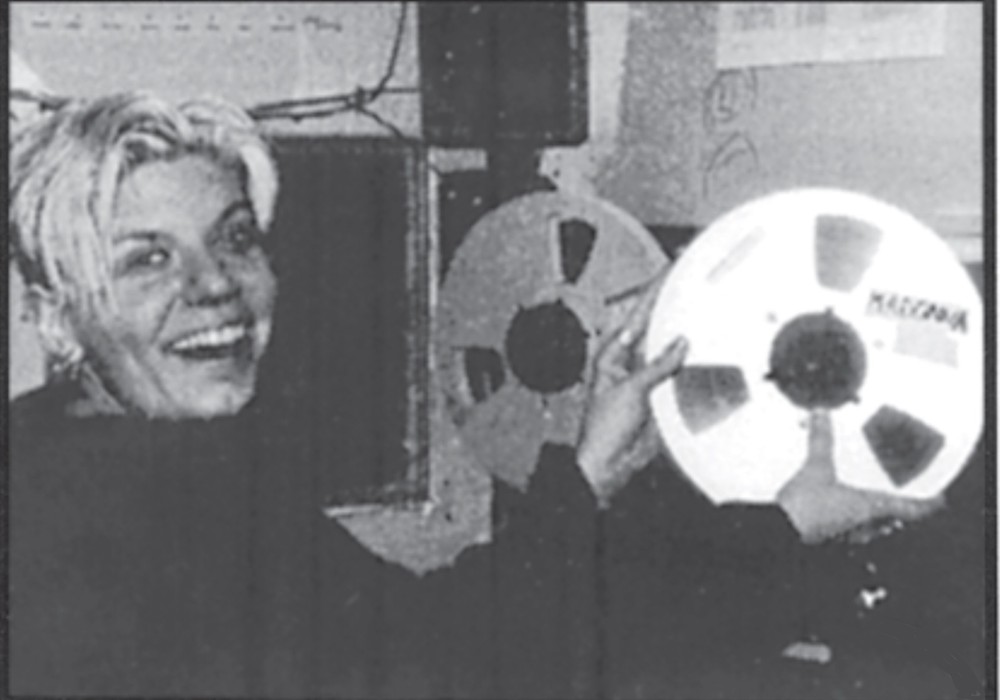A Half-Dozen Dirty Dozen Brass Band Facts:
1) Style: New Orleans jazz warped with be-bop, funk, reggae and much more
2) Founded: April 1977
3) Releases: Nine full-length
4) Recorded with: Elvis Costello, Widespread Panic, The Black Crowes, The Neville Brothers and more
5) Shared stages with: Miles Davis, Al Green, Los Lobos, The Grateful Dead, Ray Charles, The Squirrel Nut Zippers and more
6) Tours: 30 different countries; including Brazil, Japan, Israel, China, all through Europe and Asia
On the last record [Buckjump] you guys did a lot of live tracking. Has that been the norm?
It has. Well, there have been times where we've done that kinda thing. For the new record, the record company wanted a more live, unrehearsed, loose kinda record. Now, when we would normally go in to record, we would go in with a lot of rehearsal under our belt and then we'd run the tape and pick a song to check the levels and make sure everyone was comfortable and all that kinda stuff. And then we'd proceed with trying to get the perfect recording, or the one with the best energy. On this record, I think the record company wanted to do just the opposite — they wanted to record the process of us getting a song together. Now, some of the songs we already had together and knew how we were gonna play them and all that stuff. But there were several songs, for instance "Run Joe", that's a song we wanted to do several recordings back but just had never gotten to. So I made some tapes of Louie Jordan doing the song and we had it with us while we were on the road, but we had never rehearsed it or played it in public or anything like that. So the day we recorded that song, we put it up in the studio for everybody to hear, to sorta figure out what we were gonna do. Didn't write an arrangement of it or anything like that. And then we rehearsed our parts separately. We recorded it in [Daniel] Lanois' studio here in New Orleans, so there were several rooms. The trumpets could rehearse alone, saxophones, the rhythm section... so we did it like that, and then we came together to record.
So no individual section knew exactly what the other section was going to be doing?
No. And then we talked through it before we started to run some tape. Ran through it one time to make sure everybody was comfortable with the format of it, and then when we decided to give it a shot to see if the format was actually going to work, that was the first take on it, the first recording. And they kept that one.
That's great. Who was making the choices as to which takes?
Well, we were working in the studio at that time with John Medeski. He was operating as producer. When you operate as producer, you're primarily working for the record company. And so, we were going by what we thought they expressed to him that they wanted to get. Which was fine. The track ended up being fine. If you listen to some of the Buckjump CD, there are what would normally be outtakes — the talking and clowning around. And they decided to leave that in. Now, that's not how we would normally do it, y'know, but it worked.
Like the several false starts on "Old School"?
That's right. Exactly.
Well, it certainly gives you that feeling of a real band. You guys are such a renowned live act. So, regardless of how your recordings have turned out, everyone's always gonna say, "It's so hard to capture their live energy."
Oh yeah, I mean I enjoy the band live. If I had a choice of taking a band and recording in a studio or listening to it live, I would rather go live. There's just so much that happens live that you can't recreate in a studio setting.
I've been wanting to ask if you feel that there's much of a difference in how you play when you're onstage verses in the studio?
Yeah. Playing live, you're not as conscious of trying to get it right, so to speak, as you are in the studio. You take more chances playing live. There's more freedom to change things on a live gig than there are in the studio. For instance, a lot of what we do is counterpoint, so someone may get an idea to play something, add something to a song, or take something out. You can just lean over and work that out, whisper, talk...
